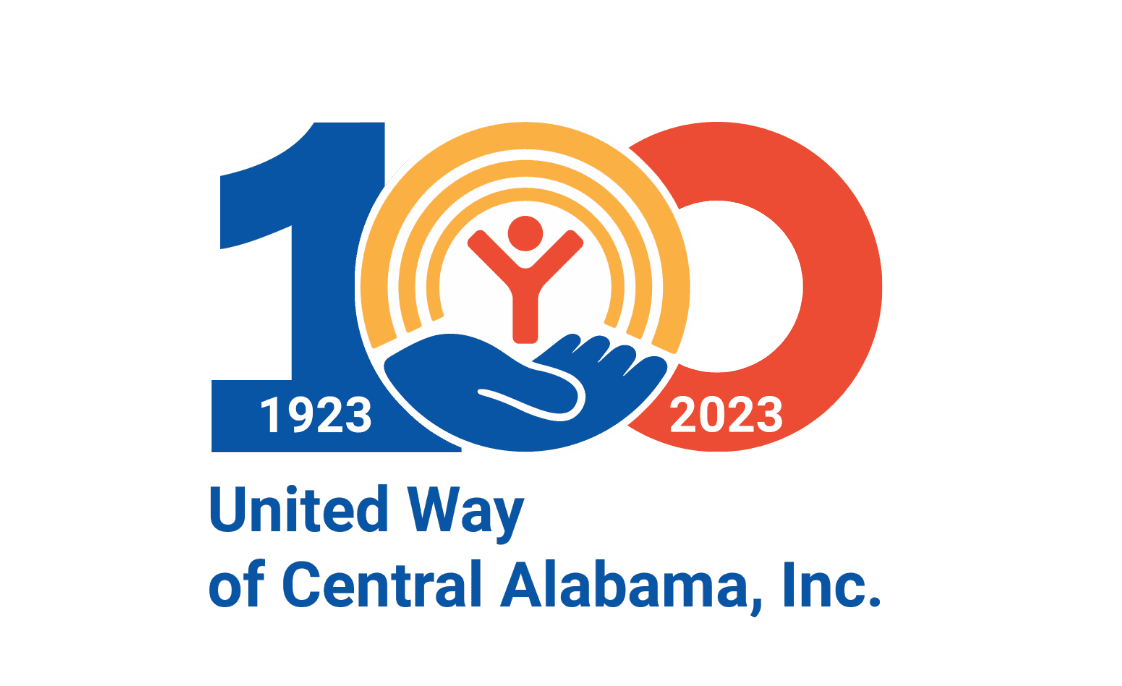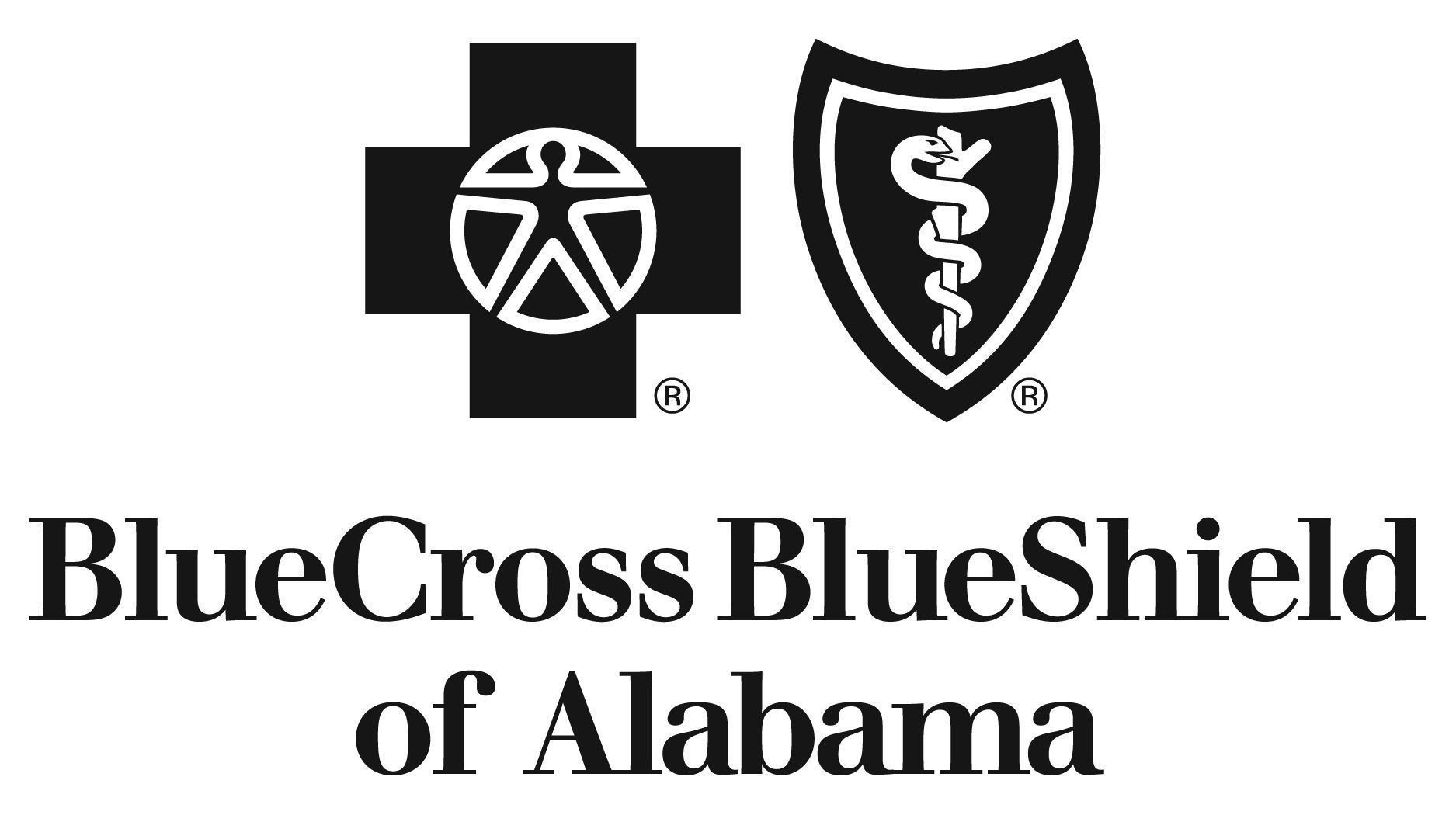
Unleashing Hope: The Impact of Courthouse Facility Dogs in Child Advocacy Centers
Using a facility dog in child advocacy center is a powerful and innovative approach to providing support and comfort to children who have experienced trauma. These specially trained companions bring a unique set of benefits that significantly contribute to the well-being and healing of young victims.
What is a courthouse facility dog? A courthouse facility dog is a professionally trained assistance dog, suitable for providing quiet companionship to vulnerable individuals in legal settings without causing disruption of the proceedings. Facility dogs are working dogs that are chosen because of their calm demeanor. These dogs are professional trained and are graduates of assistance dog organizations that are accredited by Assistance Dogs International.
Paws for Healing:
One of the key benefits of incorporating facility dogs into child advocacy centers is the positive impact they have on the emotional well-being of children. The presence of a friendly and non-judgmental dog can help alleviate anxiety, fear, and stress that children may experience when discussing sensitive or traumatic events. The calming effect of these dogs can create a more conducive environment for effective communication and disclosure.
Facility dogs are particularly beneficial during forensic interviews, where children may need to recount their experiences. The dog's presence can help children feel more at ease, making them more likely to open up about their thoughts and feelings. This, in turn, enhances the quality and reliability of the information gathered during interviews, ultimately contributing to a more thorough and accurate legal process.
Moreover, facility dogs contribute to the overall well-being of the professionals involved in child advocacy, including therapists, social workers, and legal professionals. The emotional toll of dealing with difficult cases can be challenging, and the presence of a supportive dog can serve as a source of comfort for these individuals as well.
In addition to their emotional support role, facility dogs can also serve as a bridge for communication between children and professionals. Their comforting presence helps establish trust and rapport, making it easier for professionals to connect with and assist the children they are working with.
In conclusion, incorporating facility dogs into child advocacy centers is a compassionate and effective approach to supporting children involved in legal proceedings. These specially trained dogs contribute to creating a more empathetic and child-friendly environment, ultimately facilitating a more positive and productive experience for everyone involved in the advocacy process.


































